15 Testing Tips For Anxiety That'll Help You Ace Your Exams
If pressure to perform well on tests can lead to racing thoughts and a sense of dread, these testing tips for anxiety are for you.
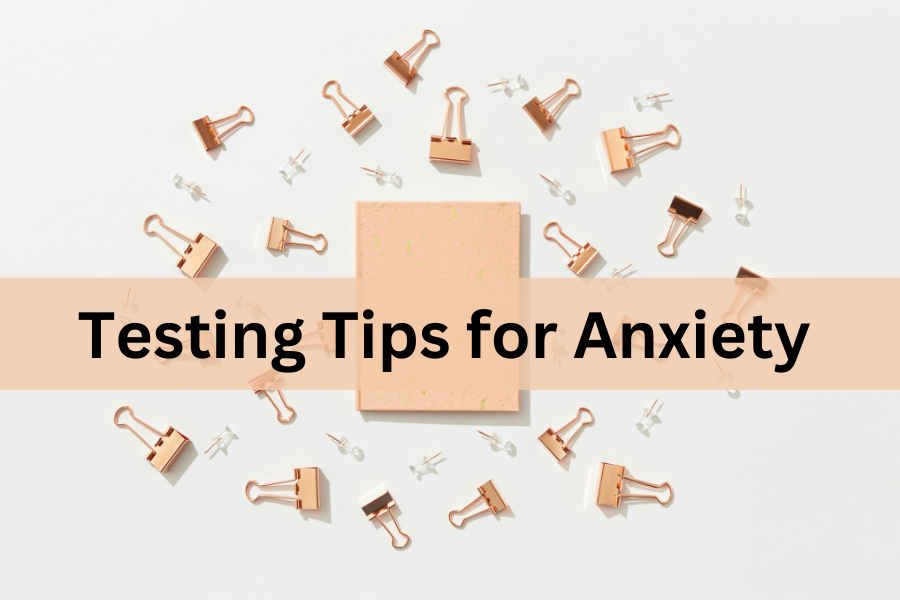
As the date of a big test approaches, it's natural to feel a rush of nerves. For many students, this nervousness can turn into full-blown anxiety, making it difficult to focus and perform at their best. But here's the good news: test anxiety is something you can manage and even overcome with the right strategies.
Whether you're a high school student preparing for finals or anyone facing a challenging test, these testing tips for anxiety are designed to help you tackle anxiety head-on and achieve the success you deserve. With these tips, you’ll be equipped with the tools you need to turn your anxiety into a source of motivation and achieve the academic success you’re capable of.
These are some practical and effective tips to help you stay calm, focused, and confident before, during, and after your exams.
This post is all about testing tips for anxiety.
Testing Tips for Anxiety
1. Prepare Early

Begin studying weeks or even months before your test. Planning ahead helps you avoid the stress of cramming everything in at the last minute. Use a calendar to break your study material into smaller chunks so it feels less overwhelming. Spread out your study sessions to allow for better retention of information. Early preparation also gives you time to seek help on topics you find difficult. Establish a consistent study routine and stick to it. Keep track of your progress and adjust your schedule as needed. Early preparation helps build confidence and reduces anxiety as the test date approaches.
2. Understand the Test Format
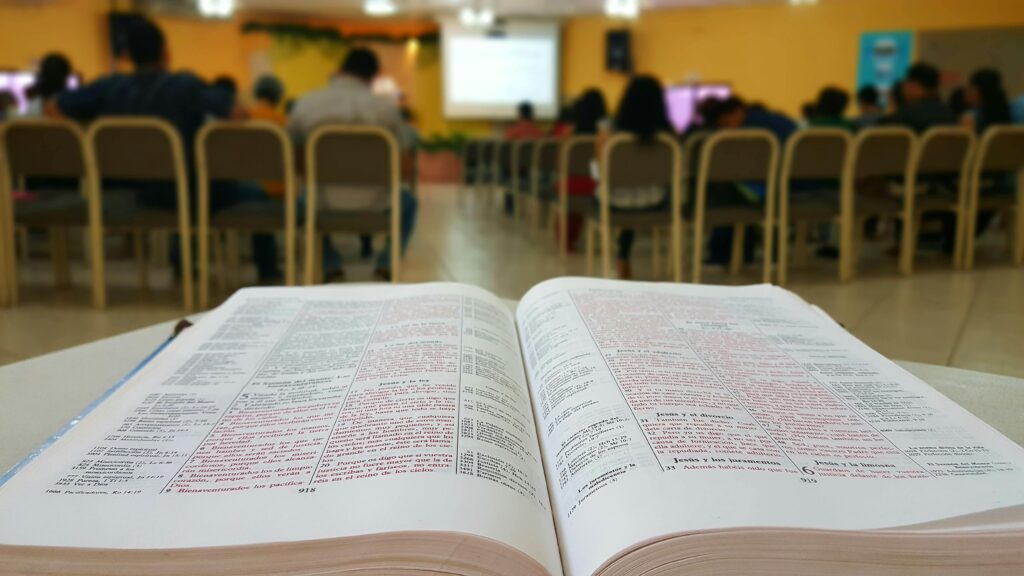
Familiarize yourself with the test's structure, including the types of questions (multiple-choice, essay, true/false), the number of questions, and the allotted time. Knowing the format can help reduce anxiety by eliminating surprises on test day. If possible, review any guidelines or instructions provided by the instructor or testing organization.
3. Practice with Past Tests
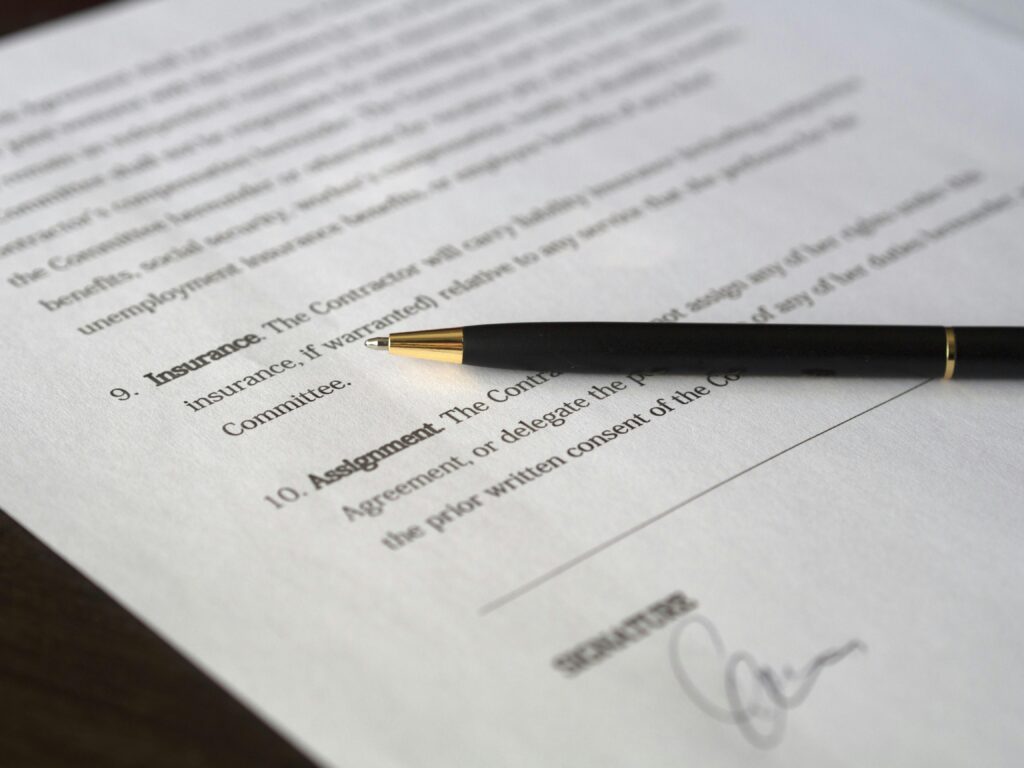
Use past exams or sample questions to simulate the actual test environment. Practicing under timed conditions can help you get comfortable with the pace you need to maintain. Analyze your performance to identify areas where you need more practice and review the correct answers to understand your mistakes.
4. Organize Study Materials
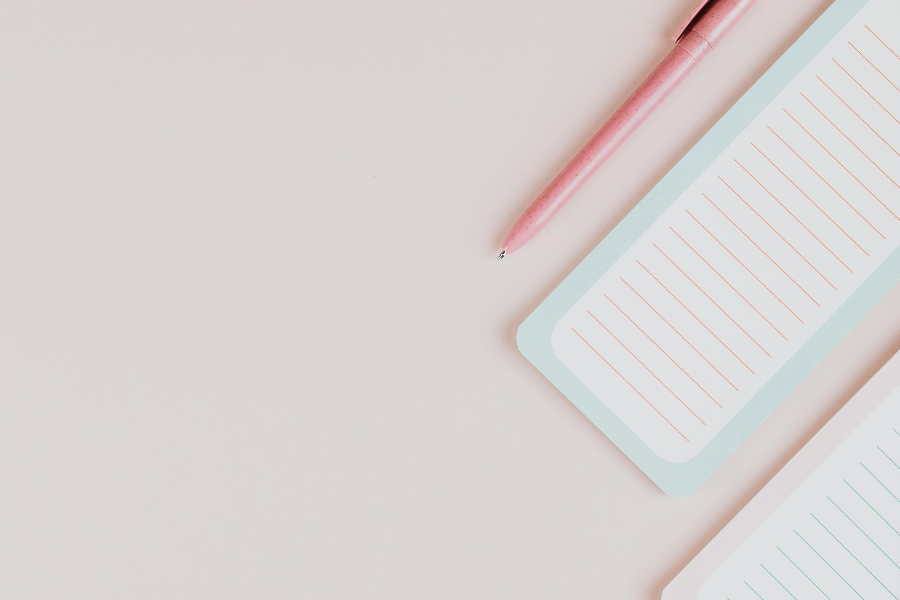
Organize your notes, textbooks, and other materials. Use folders or digital tools to keep everything in order. This way, you won’t waste time looking for things, and your study sessions will be more efficient. Label your folders and files for easy access. An organized study space helps you stay focused. Keeping your materials in order can reduce stress and make studying more enjoyable. It also ensures that you have all the necessary resources at your fingertips. Regularly declutter your study area to maintain organization.
5. Take Regular Breaks
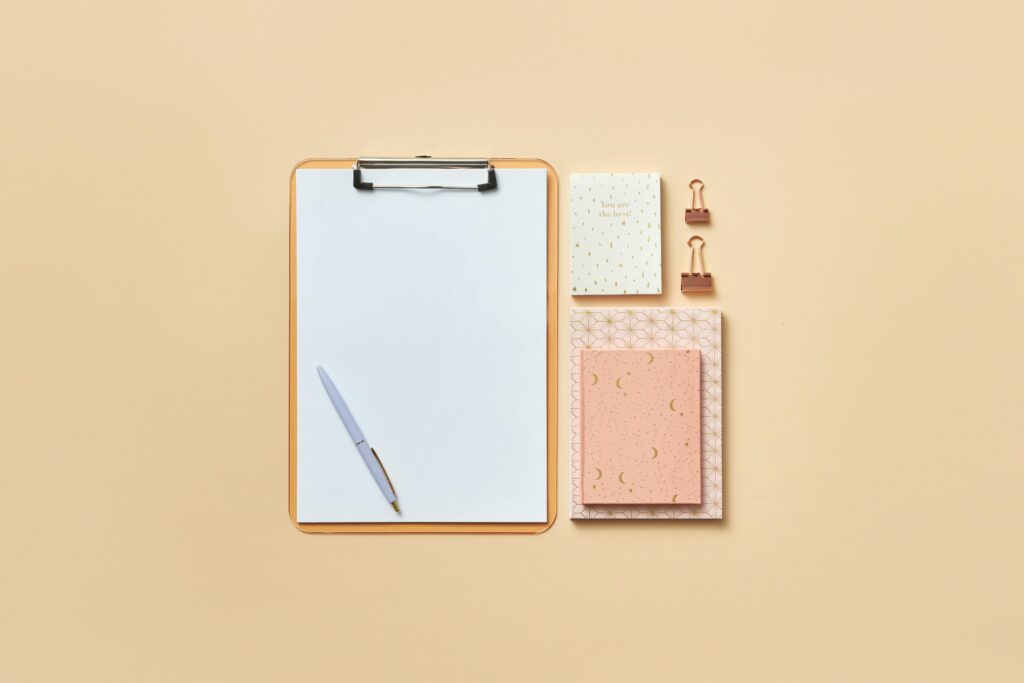
Use the Pomodoro Technique: study for 25 minutes, then take a 5-minute break. Regular breaks can help you stay focused and prevent burnout. Do something relaxing during your breaks, like stretching or taking a walk. Breaks can help refresh your mind and improve productivity. Use longer breaks to engage in activities you enjoy. Avoid using breaks to engage in activities that can distract you for a long time. Make sure your breaks are restful and not just another form of work. Incorporate breaks into your study schedule to maintain balance.
6. Use Relaxation Techniques
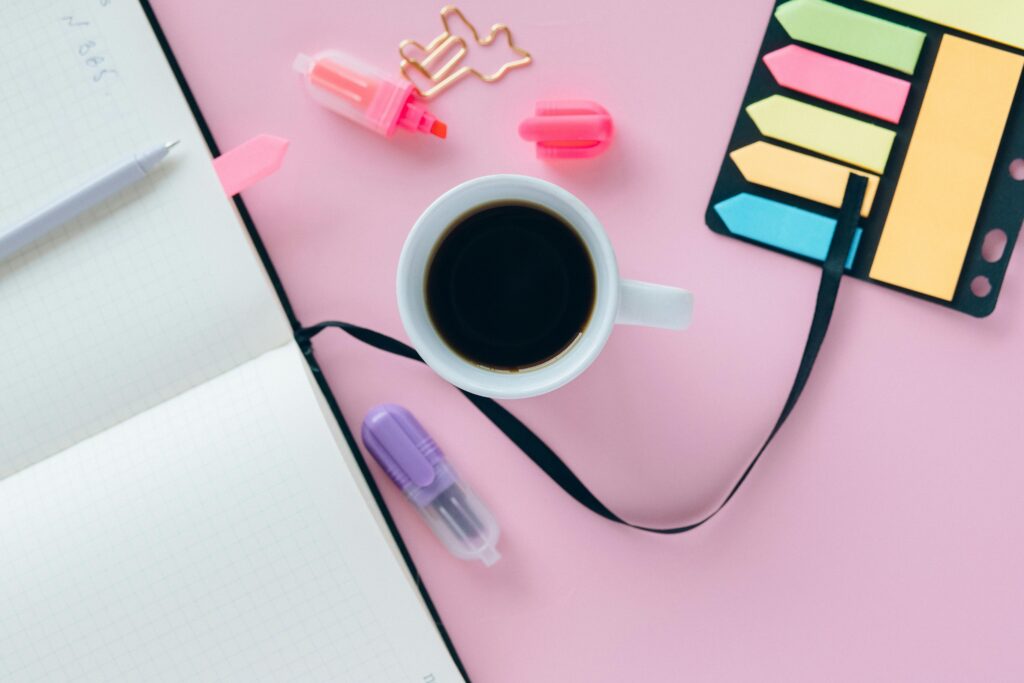
Practice deep breathing, meditation, or muscle relaxation to calm your nerves before and during the test. These techniques can help reduce physical symptoms of anxiety, like a racing heart or sweaty palms. Set aside a few minutes each day to practice relaxation techniques. Find a quiet place where you won’t be disturbed. Consistent practice can help you become more adept at managing anxiety. Use these techniques whenever you start feeling overwhelmed. They can also improve your overall well-being. Experiment with different techniques to find what works best for you. Integrating relaxation into your routine can make a big difference on test day.
7. Stay Active

Regular exercise can reduce anxiety and improve your mood. Find an activity you enjoy, whether it’s walking, jogging, swimming, or yoga. Exercise helps release endorphins, which are natural mood boosters. Aim for at least 30 minutes of physical activity most days of the week. Physical activity can help clear your mind and improve focus. It can also help you sleep better, which is crucial for managing anxiety. Incorporate exercise into your daily routine for maximum benefit. Even short bursts of activity can make a difference. Staying active can be a great way to take a break from studying.
8. Get Enough Asleep

Aim for 7-9 hours of sleep each night, especially before the test. A good night’s sleep can help reduce anxiety and improve your ability to concentrate. Establish a consistent sleep schedule, even on weekends. Create a relaxing bedtime routine to signal to your body that it’s time to wind down. Avoid caffeine and electronic screens before bed. Make sure your sleep environment is comfortable and conducive to rest. If you have trouble sleeping, consider techniques like reading or listening to calming music. Sleep is crucial for memory consolidation and cognitive function.
9. Eat Healthy

Eat a balanced diet with plenty of fruits, vegetables, and whole grains. Avoid too much caffeine and sugar, which can increase anxiety. On test day, have a nutritious breakfast to fuel your brain. Eating well can help maintain steady energy levels throughout the day. Include foods rich in omega-3 fatty acids, like fish and nuts, which are good for brain health. Stay away from junk food, which can cause energy crashes. Hydrate properly and avoid skipping meals. Healthy eating habits can improve your overall well-being and reduce anxiety.
10. Stay Hydrated

Drink plenty of water to stay hydrated. Dehydration can cause headaches and make it harder to concentrate. Keep a water bottle with you while studying and on test day. Make sure to drink water regularly throughout the day. Avoid sugary drinks and excessive caffeine, which can dehydrate you. Hydration is important for maintaining cognitive function and energy levels. If you find plain water boring, try adding a slice of lemon or cucumber for flavor. Staying hydrated can help keep your mind sharp and focused.
11. Create a Positive Environment

Study in a quiet, well-lit, and comfortable place. Minimize distractions by turning off notifications on your devices. A clean, organized space can help you focus better. Personalize your study area to make it more inviting. Use tools like noise-canceling headphones if needed. Ensure your study space has all the materials you need. Good lighting can reduce eye strain and improve concentration. Having a dedicated study area can help signal to your brain that it’s time to focus. A positive study environment can enhance your productivity.
12. Work on Developing a Positive Mindset

This tip is definitely easier said than done, however, it's definitely worth a shot. Use positive affirmations and visualize yourself succeeding. Remind yourself of your preparation and capabilities. Replace negative thoughts with positive ones, like “I am prepared” or “I can do this.” Positive thinking can boost your confidence and reduce anxiety. Visualization can help you stay calm and focused. Write down your positive affirmations and read them daily. Surround yourself with supportive people who encourage you. Practice gratitude to shift your mindset to a more positive one. Positive thinking can make a significant impact on your performance.
13. Form A Study Group

Studying with friends can provide support and different perspectives on the material. Choose study partners who are focused and committed. Group study sessions can make learning more fun and less stressful. Discussing topics with others can deepen your understanding. Take turns teaching each other to reinforce learning. Make sure your study group stays on track and avoids distractions. Set group goals and celebrate achievements together. Study groups can also provide motivation and accountability. Learning with friends can make the process more enjoyable.
14. Practice Self-Compassion

It’s okay to feel anxious. Acknowledge your feelings and practice self-compassion. Take time for self-care activities, like reading, listening to music, or spending time with loved ones. Remind yourself that anxiety is a normal response. Don’t be too hard on yourself if things don’t go perfectly. Celebrate your efforts and progress, no matter how small. Practice mindfulness to stay present and reduce stress. Reach out for support if you need it. Self-compassion can improve your overall well-being.
15. Plan Your Test Day

Prepare everything you need the night before the test, like supplies, and snacks. Plan your route to the test center and leave early to avoid last-minute stress. Being organized can help you feel more in control. Double-check your checklist to ensure you haven’t forgotten anything. Lay out your clothes and pack your bag in advance. A well-thought-out plan can reduce anxiety and increase confidence. Have a backup plan in case of unexpected issues. Planning ahead can help you start the test day with a calm mind.
This post was all about helpful testing tips for anxiety.
Related Posts You Might Like: 13 Amazing Back-to-School Tips for Students